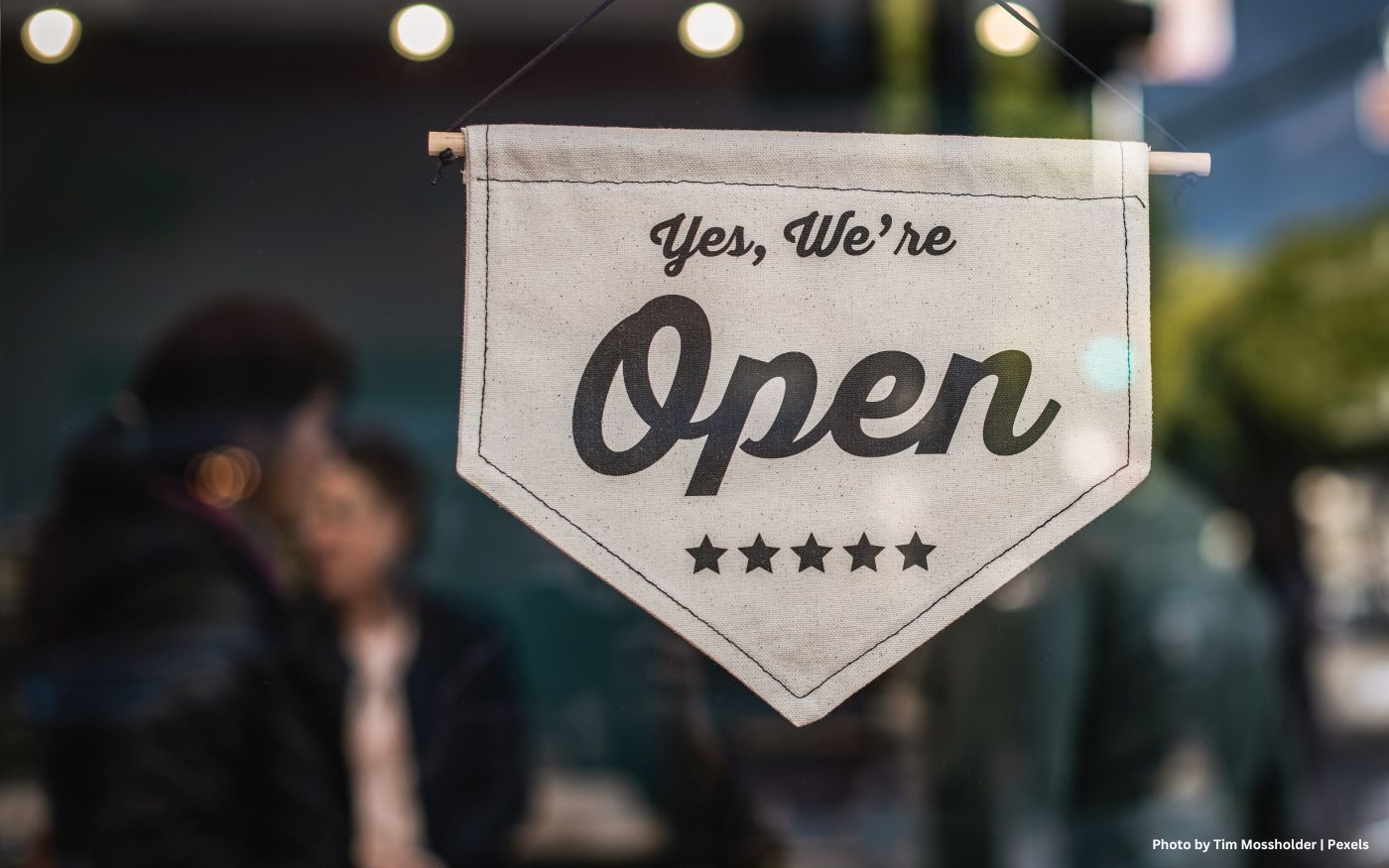Research by: Jamil Paolo S. Francisco, Regina Yvette V. Romero, & John Paul C. Flaminiano
EXECUTIVE SUMMARY
In the midst of unprecedented lockdown restrictions and induced economic recession during the COVID-19 pandemic, a significant jump in new entrepreneurial activity was observed in some countries including the United States (24% increase in 2020 and 23% in 2021) and India (24% in 2020 and 8% in 2021). This trend was also observed in the Philippines where 837,000 new businesses were registered in 2020, a remarkable 50% increase compared to 556,000 new registrations in 2019.
Empirical studies on the effects of a crisis on entrepreneurship show mixed results. Economic shocks and natural disasters typically cause a significant drop in aggregate demand, reduced access to credit and financial markets, and supply chain disruptions, while increased uncertainty and pessimistic expectations discourage new entrepreneurial activity. However, as unemployment rises due to increasing business closures, entrepreneurship emerges as an alternative source of income through self-employment, and new resource voids and market gaps provide opportunities for “disaster entrepreneurship” and the development of alternative products and services. These mixed results reflect the quandary faced by policymakers on how best to support small firms and start-ups when trends in business formation statistics appear to contradict common expectations about the pandemic’s negative effect on business outcomes. Furthermore, most research on small business entrepreneurship in times of crisis have mainly taken a macro perspective, evaluating at the industry or organization level. While macro-level issues are highly relevant since most crises impact firms through the macroeconomy and therefore require industry-level analysis, such perspective is incomplete given that individual entrepreneurs are the key decision-makers and actors in small firms). Gaining a fuller understanding of the impacts of the crisis at the entrepreneur level by studying the experiences and behavior of individual business owner-managers from a micro perspective may contribute to better-informed policymaking and more effective small business support strategies, especially in resource-constrained environments.
Using data from in-depth interviews with owner-managers of small firms in the Philippines, we studied the entrepreneurial process experienced by both the nascent entrepreneur and the nascent enterprise in starting new business during the pandemic. We adapted a process model conceptualized by Newman et al. (2022) describing how an unexpected crisis affects entrepreneurs and how the way in which they interpret its impacts leads to entrepreneurial action, and applied it to the process of new business formation.
We found that most respondents who set up a new business during the pandemic were driven by the necessity to find alternative sources of income during the pandemic. However, there were also respondents who found changes in their daily routine, work setup, and household responsibilities to be conducive to starting a new business in terms of lower opportunity costs. Demand for products and services increased in some markets due to changes in customer behavior, unavailability of traditional suppliers, business closures, and the adoption of digital services and e-commerce. Whether driven by necessity or the pursuit of a new business opportunity, a common characteristic among the start-up entrepreneurs interviewed was the relatively short time it took for them to identify new market opportunities to start a new business. This reflects a strong capacity for opportunity recognition among both active and nascent entrepreneurs. Using bricolage behavior, making do with knowledge (e.g., business idea, technical knowhow), financial resources (e.g., personal savings, informal borrowings), and physical resources (e.g., tools, equipment, commercial space) at hand (i.e., personal assets, family members, friends), respondents were able to quickly begin their entrepreneurial process despite resource constraints. We also found that online social capital built mainly on social media platforms played an important role for entrepreneurs during the pandemic as mobility restrictions hampered traditional offline social networks. Several policy implications were also discussed in the paper, recommending that interventions be aimed at both the firm or industry level and the entrepreneur level.
To cite this article: Francisco, J. P. S., Romero, R. Y. V., & Flaminiano, J. P. C. (2023). A qualitative assessment of small business formation and entrepreneurship during the COVID-19 pandemic. International Journal of Small and Medium Enterprises and Business Sustainability, 8(1), 1 – 14
To access this article: https://www.usakti-cisbucs.com/index.php/volume-08-number-01-march-2023/207-a-qualitative-assessment-of-small-business-formation-and-entrepreneurship-during-the-covid-19-pandemic
About the journal
The International Journal of Small and Medium Enterprises and Business Sustainability is dedicated to publishing in English original and outstanding studies that improve knowledge and understanding of development of small and medium enterprises (SMEs), including entrepreneurship and family-owned businesses, and factors or conditions affecting business sustainability, and, eventually, shape these fields of research. The Journal focuses upon theoretical, empirical, policy and practitioner issues within the fields of SMEs, especially in developing economies.
Journal ranking
| Chartered Association of Business Schools
Academic Journal Guide 2021 |
Not ABS rank |
| Scimago Journal & Country Rank | Not SJR rank |
| Scopus | |
| Journal Citation Reports (Clarivate) | Not Scopus rank |





